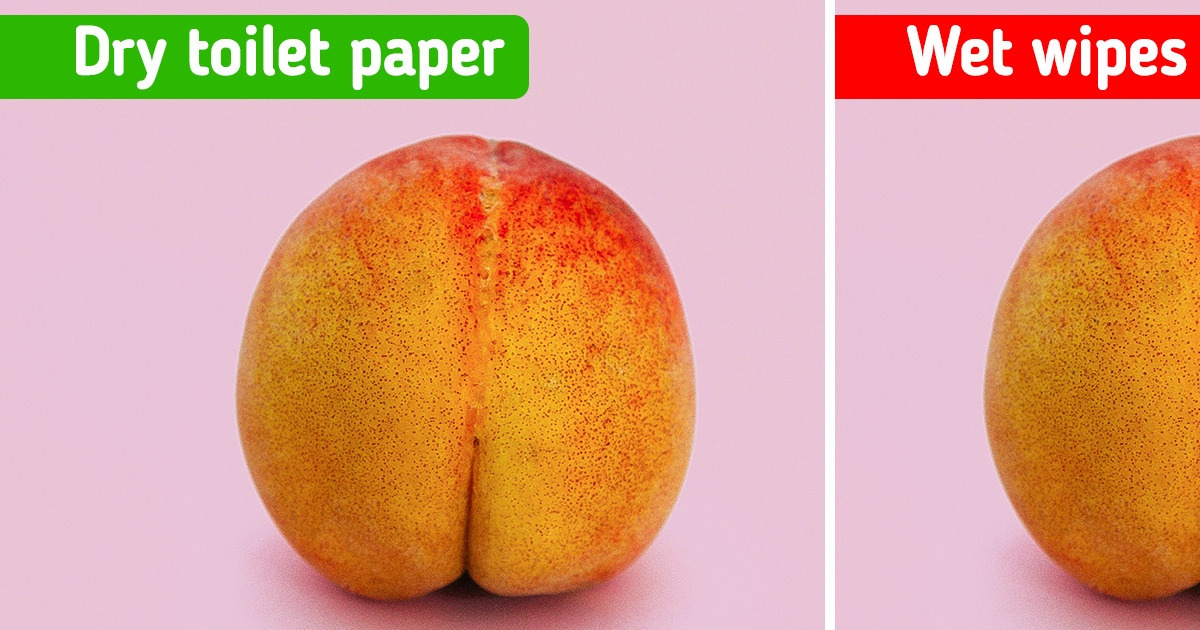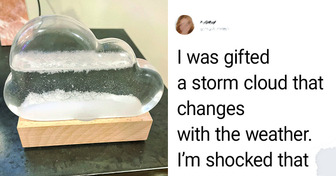16 Taxi Drivers Told Us Their Strangest Job Stories and They Could All Win a Best Plot Award


Wet wipes have recently become a must-have in terms of cleansing materials. And it’s no wonder, as they look like a fancier, cleaner version of ordinary toilet paper. In addition to this, people tend to believe that the “wet” method of wiping is more thorough, leaving the buttocks cleaner than standard toilet paper. And while so many people swear by this hygienic practice, some experts say it’s time to forget about these wet wipes for good.
Wet wipes were originally advertised as a luxury alternative to toilet paper in 2005. Today, they are dispensed in bathrooms found in restaurants, service stations, doctors’ offices, and other public places.
They are also popular among visitors to outdoor music festivals, particularly those who camp, as an alternative to communal showers. In Southeast Asia, wet wipes are often sold out of refrigerators to give the wipes a refreshingly cool effect.
Many brands sell toilet wet wipes, claiming they are “flushable.” However, in 2013, a Consumer Reports article said that none of the leading brands could pass their test. Specialists claim that these wipes often get clogged in the plumbing systems, ending up in rivers and streams, which really becomes a major issue.
Wet wipes are often used on babies, and people think if they can use them on kids, they can be used on adults too. But this is a potentially harmful assumption, as wet toilet paper can actually cause the wrong balance between good and bad bacteria in your intimate areas. Evan Goldstein, DO, who’s a surgeon, urges people to think twice before using this cleansing method. He explains that, just like the skin on our face, the skin of our intimate areas and their surrounding skin is covered in good and bad bacteria, and they work together to create a certain balance.
Dr. Goldstein says, “This is important, so when you start to augment that microbiome with wet wipes, what happens is that you’re wiping away the good bacteria and the balance becomes a problem.” When this imbalance happens, you may be at risk of rashes, fungal or bacterial infections, and irritation.
Another issue with the wet wiping method is moisture, according to Dr. Goldstein. He says, “People tend to use wet wipes and then pull up their pants, so what happens is that the moisture sits there. The moisture just festers, and it causes a change in bacteria and leads to irritation.”
The surgeon explains that people can experience the sensation of fissures or even hemorrhoids when there’s a buildup of bad bacteria and irritation.
Dr. Goldstein recommends consulting your general practitioner if you experience these symptoms.
Do you use wet toilet paper? What do you think of using wet wipes for babies — do you think they’re safe?











